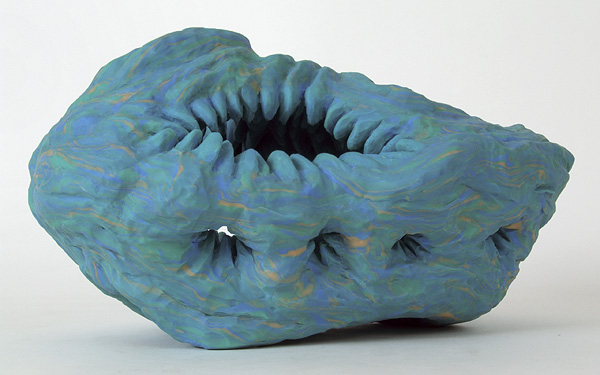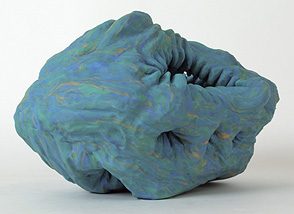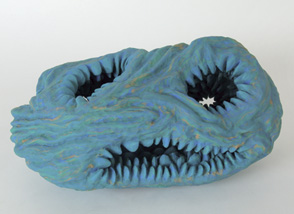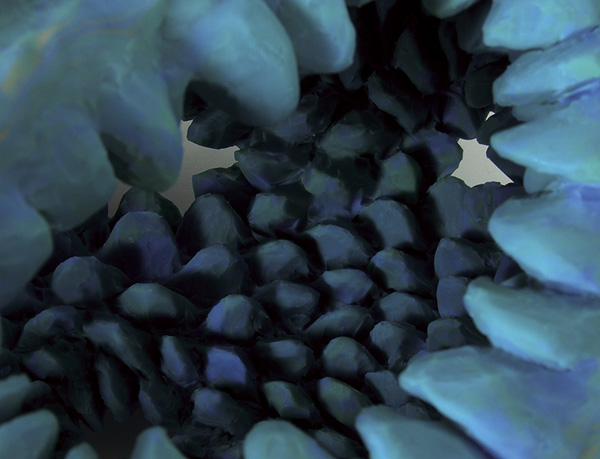gesunde mutter der venus
firm, healthy mother of venus




die organismen verfügen über eine hohe stoffumsatzleistung. sexuelle fortpflanzung findet nicht statt, die vermehrung vollzieht sich ausschliesslich durch vegetative fortpflanzung, nämlich nach dem muster repetitiven abschnürens. unter günstigen umweltbedingungen sterben die einzelnen organismen nicht, sondern verjüngen und vermehren sich durch abtrennungs- bzw. teilungsprozesse. da sie nicht nach dem prinzip des unteilbaren, sterblichen lebens existieren, sind diese organismen von unbegrenzter lebensdauer. die zentralen öffnungen sind mit schuppen besetzt, die zum körper hinzeigen und öffnungs- und schliessbewegungen durchführen. das schliessen findet häufig als reaktion auf einen berührungsreiz statt (thigmonastie).
these organisms have a high metabolic capacity. multiplication happens exclusively through vegetative reproduction. sexual reproduction does not occur. under favorable circumstances, these organisms do not die but they rejuvenate and multiply through separation and segmentation. these organisms have an unlimited life span. they do not live by the principles of the indivisible or of ending mortality, but reproduce through the pattern of repetitive abscission. the sexual drive is separated from vegetative reproduction. the central openings are covered with scales, which point towards the body and make opening and closing motions. closing happens as a reaction to a tactile impulse (thigmonasty).

